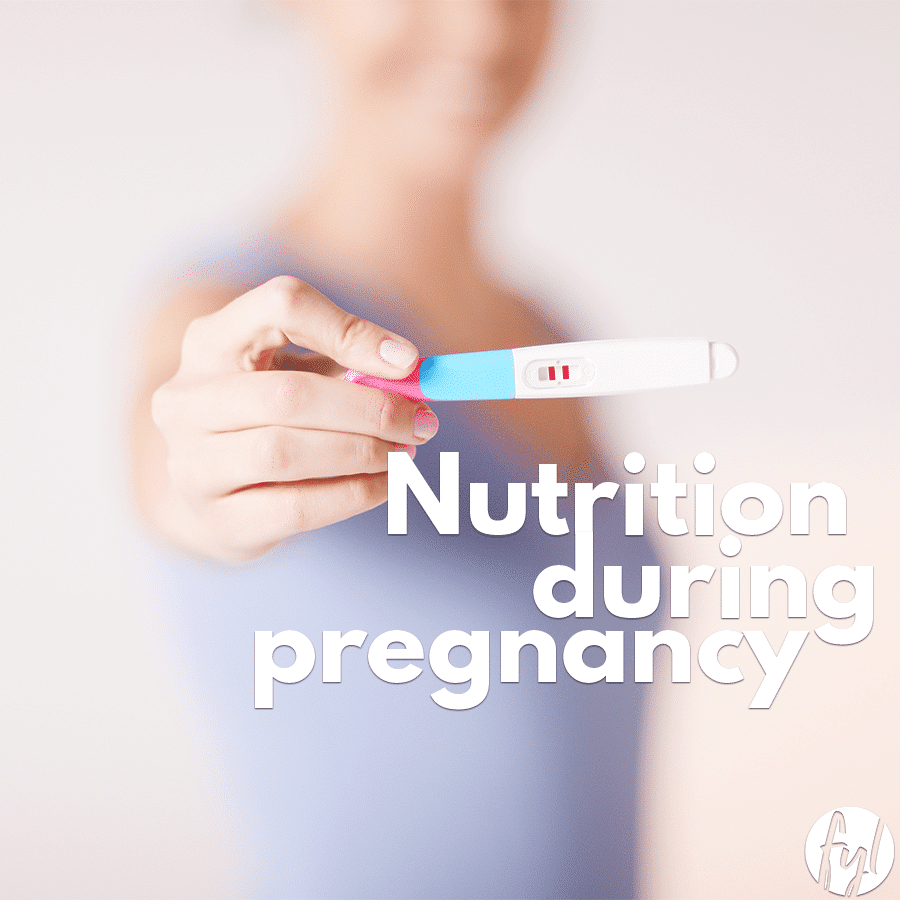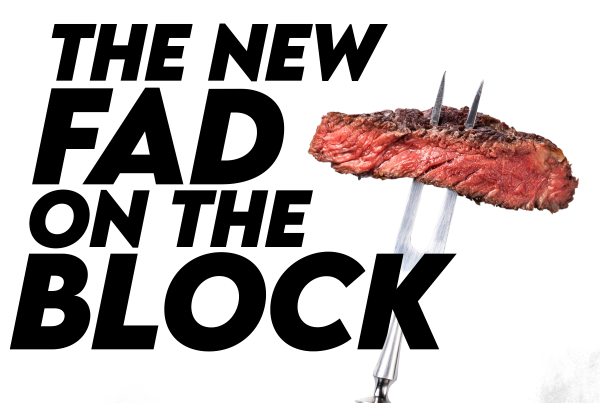Want To Give Your Child The Best Start in Life? It Starts with Good Nutrition During Pregnancy!
Good nutrition is essential during pregnancy to ensure the health of both mother and baby. As your child is more vulnerable to nutritional imbalance in the first trimester, a major focus should be directed to eating the right foods in the right quantities during this time. However, with your body changing, baby brain on the cards and ever-increasing to-do list, it’s hard to find time to sit yourself down and really think about what it is that you and baby need in your diet.
This is where we come in. An Accredited Practising Dietitian here at Fuel Your Life can provide invaluable support and guidance for mothers to help promote an ideal environment for your baby.
A dietitian can assist expectant mothers in various ways:
- Ensuring the need for increased nutrients are met
- Reducing symptoms such as nausea and vomiting
- Ensuring a healthy weight gain is maintained.
During pregnancy, good nutrition requires an increase in some key nutrients which need to be prioritised throughout the day in specific quantities. These include protein, iron, iodine, folate, omega-3 and energy (kilojoules).
So, Lets Break It Down…
PROTEIN plays a vital role in supporting the healthy growth and development of your baby, whilst aiding the accretion process of maternal tissues, such as the placenta and extra-embryonic membranes.
Your intake should increase slightly within the second and third trimester to match your baby’s growth over this time. To meet these requirements, regular consumption of foods such as meat, poultry, dairy, eggs, nuts, seeds and legumes should be included daily. Protein requirements are approximately 1g per kilo so are dependant on your body mass e.g. for a 70kg women, she would need to aim for 70g protein per day.
IRON assists in carrying oxygen around your body which supports your organs and tissues.
During pregnancy, iron requirements increase to accommodate for the baby’s additional nutritional needs and the significant increase in blood volume. The recommended daily intake of iron during pregnancy is 27mg per day, which is 9mg more than non-pregnant women of child bearing age.
Iron is found in animal products (meat, poultry and seafood) and in plant foods (legumes and green leafy vegetables). However, the iron in plant sources are less readily absorbed by the body. You can increase the amount of iron your body is able to absorb from plant based sources by adding a source of vitamin C to the meal such as lemon, lime, capsicum or tomatoes. Iron supplements during pregnancy may be considered to improve birth outcomes, however it would need to be discussed with your doctor or dietitian to prevent complications.
IODINE is a mineral that plays a vital role in your baby’s maturation, including their central nervous system and production of foetal thyroid hormones.
A healthy eating program for pregnant or breastfeeding women should include a 150 mcg iodine supplement, as well as consuming iodine rich foods daily. You can find iodine in iodised salt, seafood (particularly shellfish), milk, vegetables and most breads.
FOLATE (also known as folic acid) is a B-group vitamin found in many different foods.
Consuming adequate amounts supports the development of your baby’s brain and spinal cord. Insufficient intakes have been associated with defects to their development, particularly Spina Bifida. Folate requirements vary depending on the stage of your pregnancy, as stated below:
- During pre-pregnancy (minimum of 1 month prior to conception) and the first trimester – aim for 400 mcg from food and 0.5 mg folate supplement daily.
- During the second and third trimesters – aim for 600 mcg of folate per day.
Good dietary sources of folate include fortified cereals and bread, Vegemite, meat, wholegrains and vegetables.
OMEGA 3 FATS are a type of unsaturated fat that are necessary throughout your life.
However during pregnancy, your requirements increase, particularly of long chain omega 3 fatty acids (EPA/DHA) as they are used in the development of your baby’s brain, eyes and nervous system. You need 115mg per day which can be obtained by consuming oily fish (e.g. salmon, sardines, trout and mackerel), fish oil, canola oil, nuts and seeds. An example of meeting your requirements is by consuming 4 serves of fish per week. Each serving of fish will deliver between 250-500mg omega 3. It is important to choose low mercury options to ensure that your baby’s nervous system develops properly.
ENERGY (kilojoules)
Most women gain between 11-16kg during their pregnancy, but it is normal to gain less weight if you have a higher BMI pre-pregnancy. It is advisable to ask your doctor or dietitian to determine your appropriate weight gain, as this varies from woman to woman.
Remember that weight gain is completely normal and extremely important for providing your baby with adequate nutrition. Any attempts to achieve weight loss or restrict food intake during this time is strongly discouraged.
In the first trimester your energy requirements don’t increase at all – it is only by the second and third trimester that you should consume an additional 1400kJ and 1900kJ per day respectively (equivalent to a 250ml glass of milk and an extra slice of bread). This initial increase in energy requirements supports the gain in both foetal and maternal body mass.
During the last trimester, additional energy supports the increase in body fat composition. This boost in energy intake could be achieved through extra snacks or meals. For example, 30g mixed unsalted nuts and 50g dried fruit, sandwich with banana and peanut butter or 10 Jatz crackers with 40g cheese and 30g hummus.
Foods to Avoid for a Safe Pregnancy
When pregnant you have an increased risk in contracting food borne illnesses. This is due to hormonal changes reducing the effectiveness of your immune system.
It is recommended to avoid high risk foods over the course of your pregnancy, which include:
- Soft cheeses
- Unpasteurised milk products
- Deli meats
- Raw or under cooked animal products (meat, fish)
- Pre-prepared salads (opt for freshly prepared salads from well-washed vegetables instead)
All the above listed options carry a higher risk of containing bad bacteria that can infect your body and your baby.
Take Home Messages?
- Prior to conception, start taking a daily folate supplement to support early foetal development.
- Once pregnant you should:
- Increase your intake of protein, iron, iodine, folate, omega 3 and energy as recommended according to the trimester
- Remember that the quality of the food over weighs the quantity
- A balanced and varied diet will adequately supply all your other nutrients
- For optimal health ensure you are consuming a wide variety of foods from each of the core food groups
An Accredited Practising Dietitian (APD) can provide you with tailored dietary advice for nutrition during pregnancy. Give us a call or email now!







